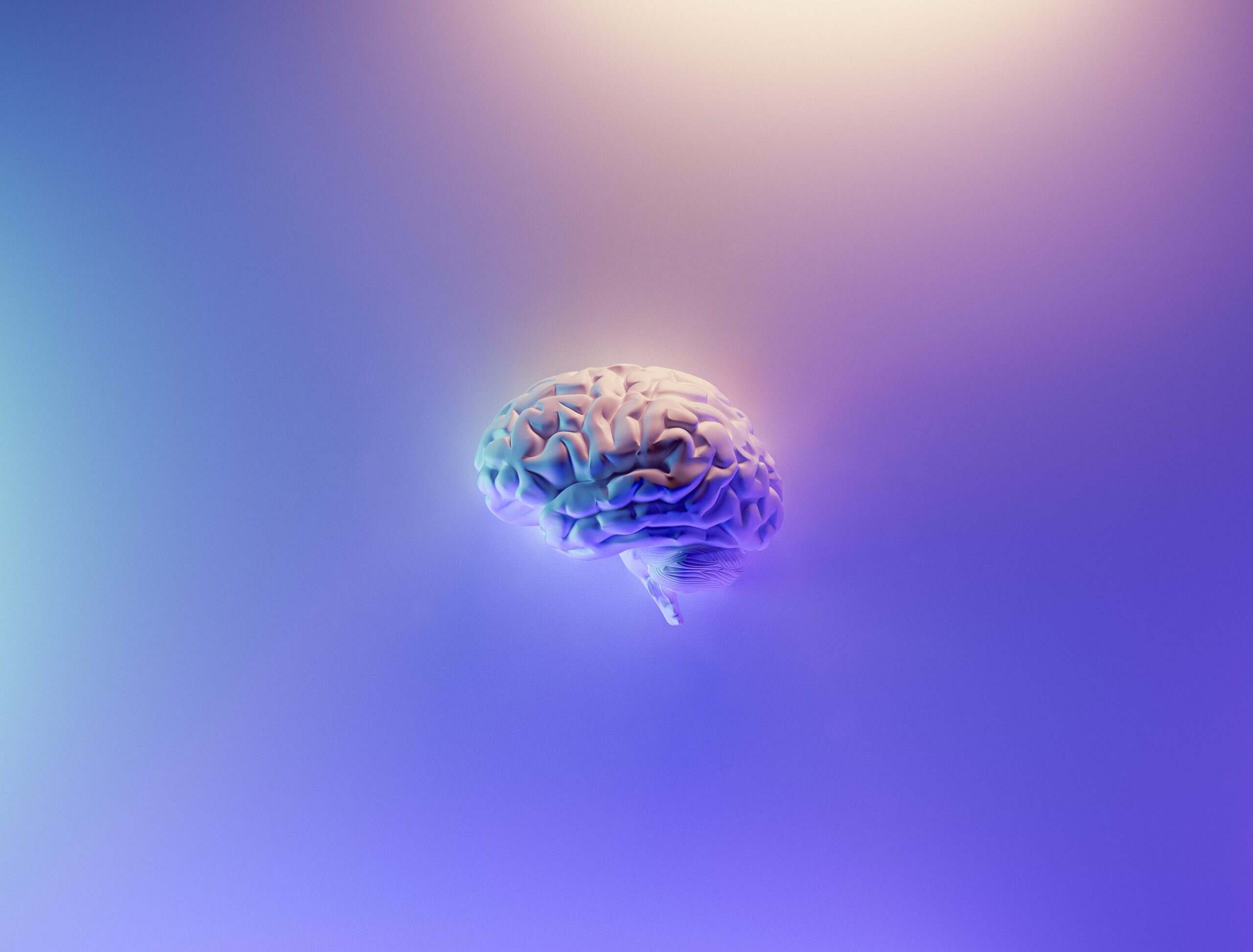
“Brain fog” is a common after-effect of COVID-19, affecting some 67 percent of 156 patients at a post-COVID clinic in New York, a study published this month shows.
Patients with diabetes, high blood pressure, or a history of ADHD and dementia tend to have higher incidence of brain fog
What is brain fog?
Brain fog is not a single medical condition; rather, it’s a collection of symptoms.
Some people describe brain fog as not being able to concentrate, focus, or think clearly. They may struggle to pay attention, have trouble remembering things, or feel mental exhaustion.
If you are experiencing brain fog you may:
Take longer to think of someone’s name
Start a task but find it difficult to finish it
Have trouble remembering what you were going to do when you walk into a room
How COVID-19 affects the brain?
There are many ways that COVID-19 can damage the brain. As some can be devastating, such as encephalitis, strokes, and lack of oxygen to the brain. But other effects may be more subtle, such as the persistent impairment such as brain fog.
Recent study at UCSF looking at the cerebrospinal fluids of patients suffering from brain fog revealed elevated levels of protein, suggesting inflammation, and the presence of unexpected antibodies found in an activated immune system.
What should you do if you may be experiencing COVID-19 brain fog?
most important thing to do is to see your doctor and share with them all of the lingering symptoms you are experiencing.
These should include your brain fog and other neurologic symptoms (such as weakness, numbness, tingling, loss of smell or taste), and also problems such as shortness of breath, palpitations, and abnormal urine or stool.
What might help clear the brain fog?
Avoid alcohol and drugs. Give your brain the best chance to heal by avoiding substances which can adversely affect it.
Sleep well. Sleep is a time when the brain and body can clear out toxins and work toward healing. Make sure you give your body the sleep it needs.
Participate in social activities. We are social animals. Not only do social activities benefit our moods, but they help our thinking and memory as well.
Please check with your doctors and feel free to subscribe to our channel and alerts for news about brain health.
Photo by Fakurian Design on Unsplash

